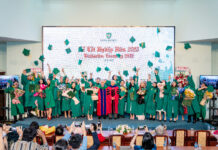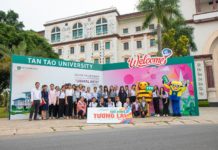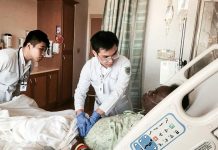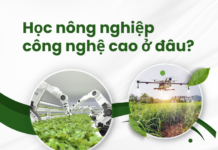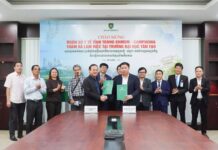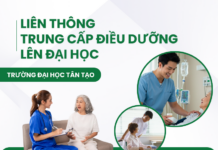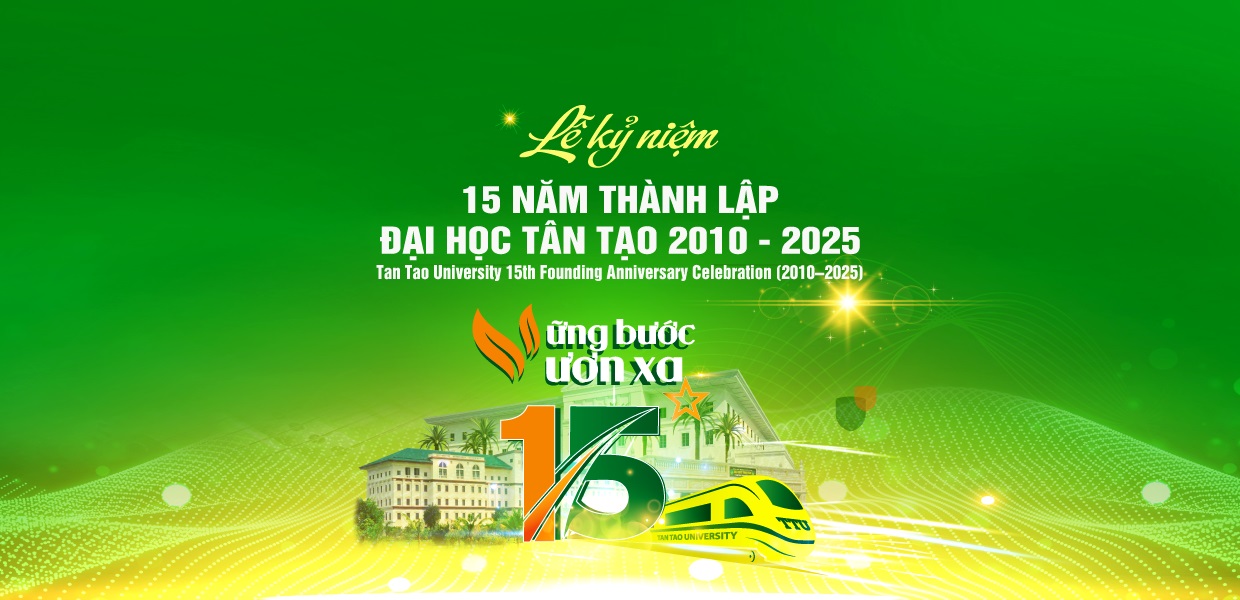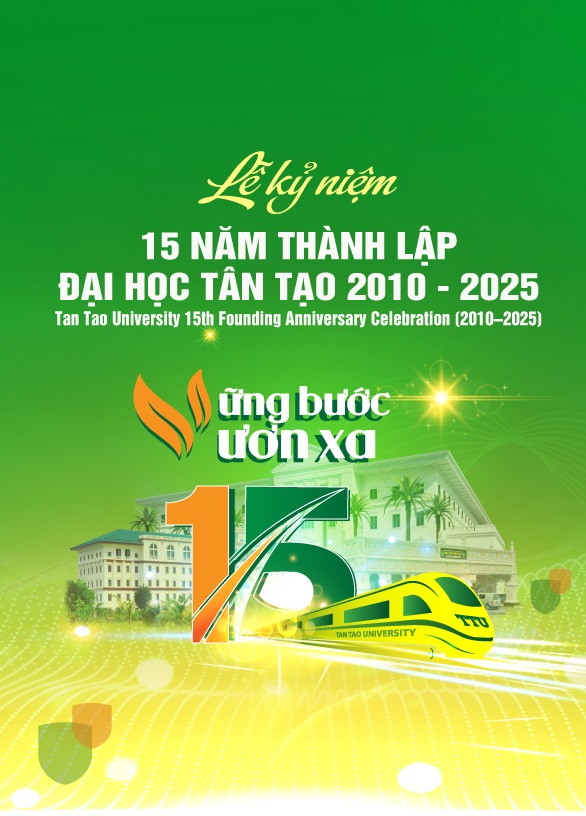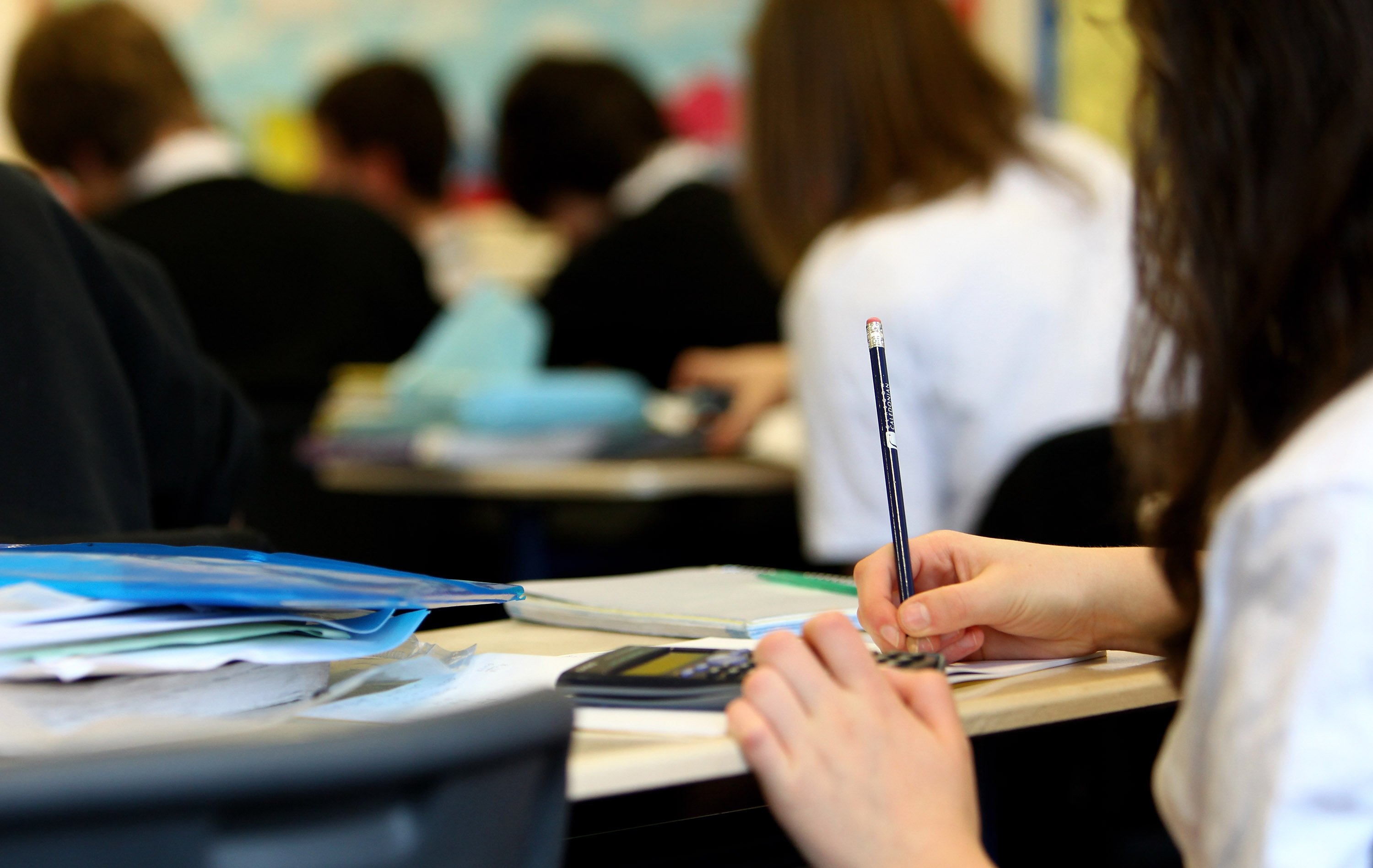LIVING AND WORKING IN TTU
Househunting
At your induction, you’ll be offered a list of our staff-suggested real estate agents who can help with finding the appropriate accommodation to match your needs. You’ll soon get a feel for the kind of area you want to live in, and feel free to ask any of the current staff you meet during induction week for their thoughts on great places to live.
TAN TAO university also offers salary packaging for rental agreements for foreigners only. This may lead to a reduction in your personal income tax payable if you meet certain conditions. These will be further discussed with you by HR staff when you are offered an employment contract and again during induction for new staff.
Weather
The weather in Vietnam varies depending on where you live.
If you’re going to Hanoi, you can expect to see 4 seasons in a year; in summer it’s hot, in winter we’ve been known to see snow!
If you’re moving to Ho Chi Minh City, on the other hand, it’s hot all year round, with the seasons being wet from around May through to November, and dry the rest of the year.
Living and working in Vietnam
According to the 2012 Mercer Cost of Living Index, Vietnam is ranked 141st out of 214 countries in terms of living expenses, including accommodation costs. Compare some of the below living costs to the equivalents from your country:
– Dinner for one in an average Western style restaurant: USD 5 – USD 10
– Lunch on an TAN TAO university campus: USD 2 – USD 5
– Utilities off-campus (Electricity, water, internet): approximately USD 100 month (depending on usage)
– Local beer (can) in an average pub: USD 1 – USD 4
– Imported beer (bottle) in an average pub: USD 4+
– Bus: 30c / trip
– Taxi: 80c / km
– Motorbike taxi : 30c / km
– Hollywood movie (in English with Vietnamese subtitles) in international standard cinema: USD 4 – USD 10
Food
Vietnamese food is delicious, nutritious, and eating it regularly will certainly keep your costs down! However, if you need a break, chances are you’ll be able to find something similar to what you’d get at home, wherever home may be.
You shouldn’t have too much trouble finding a wide variety of national cuisines, from Algerian to Japanese, from French haute cuisine to home-style Philly cheese steaks; and almost anything can be ordered over the phone or online and delivered to your home for no extra charge.
Transport
Most Vietnamese people get around on a motorcycle/scooter – very few people have cars, as they are extremely expensive and there are very limited parking slots in/ nearby the campus. A lot of expats in Vietnam do opt to get their own bikes. If you choose this path, you will need to get a licence, and we can advise on how to go about doing this.
If riding through traffic is not your thing, you may choose to take a taxi, which is actually quite cheap, or a motorbike taxi, which is even cheaper. Relatively few expats in Vietnam use the public transport system, but it is also available.
TAN TAO university operates a staff bus from various locations in District 1 and District 7 which you are welcome to use free of charge.
Crime
There’s less than you’d probably imagine in Vietnam, but like anywhere in the world, it pays to be careful with your belongings. It’s worth remembering, particularly around holiday times, that Vietnam is still a developing country and if you’re a foreigner, you may be looked at by a small sector of society as someone worth targeting.
However, most TAN TAO university staff would tell you that they feel very safe living here – the local people are generally very friendly and accepting of foreigners in their country, and you’re much more likely to be a target for people wanting to practice their English than anything else!
Health Concerns
f you’re living in the major cities (and if you’re working at TAN TAO university, you will be) then there are relatively few health issues for you to worry about. You won’t be able to drink the water from the tap, but bottled water is cheap and readily available.
As with any of the countries in South East Asia, you may experience some occasional “traveller’s tummy”, particularly in the first twelve months as your body adapts to its new environment.
However, the medical services in Vietnam are state of the art and the many international and internationally trained doctors are very familiar with the types of local bugs you may pick up along the way. Malaria is now rare in Vietnam, whilst there are still occasional outbreaks of dengue fever in parts of the country – thus, it pays to wear insect repellent if you’re planning on being out and about on dusk.
10 tips to stay safe and healthy in Vietnam
1. Always wear a good helmet when riding a bicycle or motorbike. Road accidents are one of the leading health risks in Vietnam, for travellers and residents alike.
2. Make sure your vaccinations are up to date and that you have all the recommended vaccines for Vietnam (Hepatitis A& B, Typhoid, Japanese Encephalitis, Rabies).
3. Wash your hands with soap and water whenever you can. Wash vegetables thoroughly before eating. This reduces the risk of contamination and eliminates most of the pesticides.
4. Be aware that you can contract Rabies in Vietnam. Do not pet unfamiliar dogs and teach children this important lesson. Having a Rabies vaccine is a safe and preventative choice. If you do get bitten by an animal, see a doctor immediately.
5. Be aware of the prevalence of STIs (sexually transmitted illnesses) in Vietnam and stay away from drugs and illicit substances. Be careful where you purchase medication; it may not always be the real thing.
6. Drink only mineral or purified water, even when you are boiling it for tea or coffee.
7. Wear a mask while riding a motorbike but be aware that masks do not filter diesel particles. If you have a cold/flu then wearing a mask may stop you transmitting it to others, but there is little protection from wearing one.
8. Remember to eat a well-balanced diet, low in fat, moderate carbohydrates and protein (a balance of meat and fish is a healthy choice).
9. Exercise regularly. Twenty minutes, three times a week is a minimum requirement for staying healthy. Running, biking or walking are all great ways to do this and are a great way to explore your surroundings.
10. Protect yourself from mosquitoes by using nets and repellent. Mosquitoes carry Dengue Fever, Japanese Encephalitis and Malaria (though Malaria is not a major risk in Vietnam).
Be prepared for an emergency by keeping the phone number of a medical provider handy – by the phone and in your wallet. If you need to see a doctor, you will know where to look for the number.
Source: SOS International




